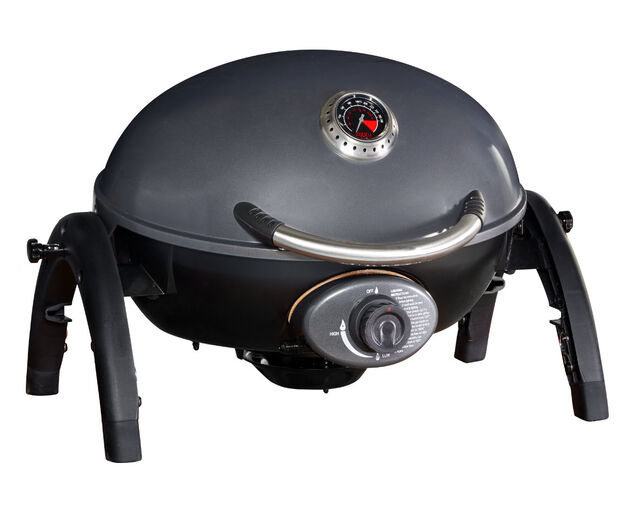
When it comes to backyard barbecues, two names dominate the market: Ziggy and Weber. Both brands offer a wide range of grills to suit every budget and need, making it tough to decide which one is right for you.
In this comprehensive grill showdown, we’ll delve into the key differences between Ziggy and Weber grills, helping you make an informed decision based on your grilling preferences and requirements.
Burner Design and Cooking Performance
Ziggy grills are known for their innovative triple-burner system, which provides even heat distribution and superior cooking performance. The triple-burner design allows you to cook different foods at different temperatures simultaneously, making it ideal for preparing multi-course meals.
Weber grills, on the other hand, utilize a traditional two-burner system, which delivers consistent heat for grilling burgers, steaks, and other popular BBQ fare. While the two-burner system may not offer the same versatility as Ziggy’s triple-burner design, it remains reliable and effective for everyday grilling.
Versatility and Cooking Options
Ziggy grills excel in versatility, offering a variety of interchangeable cooking surfaces that expand your culinary possibilities. From flat grills and griddle plates to wok inserts and pizza stones, Ziggy grills cater to a wide range of cooking styles and cuisines.
Weber grills, while less versatile in terms of interchangeable cooking surfaces, still offer a variety of grilling options. Their Gourmet BBQ System (GBS) provides a range of compatible accessories, including grill grates, sear plates, and rotisserie kits, allowing you to expand your grilling repertoire.
Portability and Compactness
Ziggy grills are generally more compact and lightweight than Weber grills, making them ideal for camping, tailgating, and other outdoor adventures. Their fold-and-go design allows for easy transportation and storage, while their lightweight construction makes them easy to carry around.
Weber grills, on the other hand, tend to be larger and heavier due to their sturdier construction. While this may not be ideal for frequent portability, it does provide enhanced stability and durability for backyard grilling.
Durability and Weather Resistance
Both Ziggy and Weber grills are constructed from high-quality materials that can withstand the elements. Ziggy grills feature a durable porcelain-enameled coating that protects against rust and corrosion, while Weber grills utilize a combination of stainless steel and porcelain-enameled components for long-lasting performance.
Additional Features and Considerations
Ziggy grills often incorporate additional features such as integrated igniters, built-in thermometers, and removable drip trays, enhancing the grilling experience. Weber grills, while not as feature-rich, offer a more straightforward design that prioritizes ease of use and reliability.
Price and Value
Ziggy grills typically fall into a more affordable price range compared to Weber grills. However, this does not necessarily mean they offer inferior quality. Ziggy grills provide excellent value for their price, delivering a combination of performance, versatility, and portability.
Weber grills, known for their premium quality and durability, often command higher price points. However, the investment in a Weber grill can be justified for those who prioritize long-lasting performance and consistent results.
Conclusion: The Verdict
The choice between Ziggy and Weber grills ultimately depends on your individual needs and preferences. If you prioritize versatility, portability, and affordability, Ziggy grills are an excellent option. If you value durability, consistent performance, and a premium reputation, Weber grills are a worthwhile investment.
Ziggy Grills: Pros
- Innovative triple-burner system for even heat distribution
- Interchangeable cooking surfaces for culinary versatility
- Compact and lightweight design for portability
- Affordable price range
Cons
- May lack the brand recognition of Weber
- Feature set may not be as comprehensive as Weber grills
Weber Grills: Pros
- Durable construction for long-lasting performance
- Consistent heat distribution and grilling results
- Gourmet BBQ System (GBS) for expanded cooking options
- Strong brand reputation and customer satisfaction
Cons
- Typically higher price point compared to Ziggy grills
- Larger and heavier design may not be ideal for portability